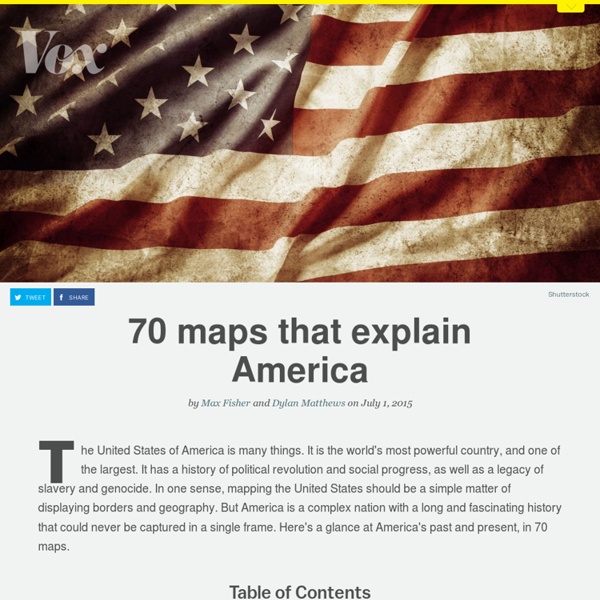untitled
UH - Digital History
Révolution américaine : invasion au Canada
Au début de la Révolution américaine, en 1775, des forces rebelles envahissent le Canada, occupant Montréal et attaquant Québec, et des corsaires américains prennent d’assaut certains ports de l’Atlantique. Proclamation royale (carte) Fort-Chambly Fort Chambly, au Québec, sur un timbre de 32 cents (Corel Professional Photos). Montgomery, mort de Le général américain Richard Montgomery et ses officiers ont été tués pendant l'attaque lancée par les Américains contre Québec, le 31 décembre 1775, (avec la permission des Bibliothèque et Archives Canada/C-46334). Révolution américaine Carte des batailles qui se sont déroulées pendant la Révolution américaine. Au début de la Révolution américaine, en 1775, des forces rebelles envahissent le Canada, occupant Montréal et attaquant Québec, et des corsaires américains prennent d’assaut certains ports de l’Atlantique. Acte de Québec Pour défendre leur cause, les Américains mènent une campagne de propagande efficace sur un territoire maintenant canadien.
A People's History of the United States
The Note: This great book should really be read by everyone. It is difficult to describe why it so great because it both teaches and inspires. You really just have to read it. We think it is so good that it demands to be as accessible as possible. The disclaimer: This version is made from OCR.
1775-1783 - La guerre d'Indépendance
Tout vient d'une affaire de gros sous. L’Angleterre, lourdement endettée à l'issue de la guerre de Sept Ans (1756-1763), décide de taxer les habitants de ses Treize colonies d'Amérique qui ont été les principaux bénéficiaires de la victoire. Quoi de plus normal, après tout ? Mais lesdits habitants ne l’entendent pas de cette oreille. « No taxation without representation » (pas d’impôt sans représentants au Parlement), proclament-ils, ce qui ne manque pas non plus de logique… Il va s'ensuivre une guerre civile et l'indépendance des États-Unis d'Amérique. Le 19 avril 1775, un détachement anglais tombe dans une embuscade à Lexington, au Massachusetts, en allant détruire un dépôt d'armes clandestin. 200 soldats trouvent la mort dans l'échauffourée. Ce fait d'armes marque le début de la guerre d'Indépendance qui va conduire à la naissance des États-Unis d'Amérique. L'armée des insurgés est placée le 15 juin 1775 sous le commandement en chef de George Washington. Profession de foi républicaine
Primary sources
Raising Our Voices A True Narrative of the Rise, Progresse, and Cessation of the Late Rebellion in Virginia, Most Humbly and Impartially Reported by His Majestyes Commissioners Appointed to Enquire into the Affaires of the Said Colony (1677) Proclamation of the New Hampshire Legislature on the Mast Tree Riot (1734) Letter Written by William Shirley to the Lords of Trade about the Knowles Riot (1747) Thomas Hutchinson Recounts the Reaction to the Stamp Act in Boston (1765) Samuel Drowne's Testimony on the Boston Massacre (1770) George Hewes Recalls the Boston Tea Party (1834) Joseph Clarke's Letter about the Rebellion in Springfield (1774) New York Mechanics Declaration of Independence (1776) Common Sense by Thomas Paine (1776) A Narrative of Some of the Adventures, Dangers and Sufferings of a Revolutionary Soldier by Joseph Plumb Martin (1830) Letter to George Washington by Henry Knox (1786) Letter to Jefferson by Benjamin Banneker (1791) An Eyewitness Account of the Flour Riot in New York (1837)
Robert Darnton: «C’est l’élite qui lisait les livres qui a commencé la Révolu...
C’est l’image du chercheur d’or qui vient à l’esprit quand on lit les livres de l’historien américain Robert Darnton et quand on a la chance de le rencontrer à l’occasion de la parution récente d’Un tour de France littéraire. Le monde du livre à la veille de la Révolution. D’ailleurs, il emploie lui-même le mot de «mine» pour décrire sa découverte, un beau jour de 1965, à Neuchâtel, du fonds d’archives de la Société typographique de cette même ville, nom d’une maison d’édition qui a connu de grandes heures entre 1769 et 1789. De cette richesse, complétée par les archives françaises, plusieurs livres majeurs sont nés, comme L’aventure de l’Encyclopédie. Lire aussi: «La surveillance des Etats sur les citoyens va bien plus loin que ce qu’Orwell avait imaginé» La STN venait d’agrandir son imprimerie pour participer à l’aventure des éditions in-quarto de l’Encyclopédie. Le Temps: Qu’est-ce qui vous a conduit à vous intéresser au monde du livre en Suisse romande, au XVIIIe siècle?
Tyrion Lannister, Like Abraham Lincoln, Was Right About How to End Slavery :: Politics :: Features :: Paste
“How many days were you a slave?” Missandei asks Tyrion Lannister as they make their way toward the Great Pyramid of Meereen for a meeting with the Good Masters of Astapor and the Wise Masters of Yunkai. “Long enough to know,” he responds. The most recent episode of Game of Thrones dealt with slavery head-on in a way we have yet to see this season, and as challenging as it can be to apply situations from American history to the very different reality of Essos, it’s all too easy to look at what’s transpired in Meereen and the rest of Slavers’ Bay and draw parallels. Tyrion’s use of his own brief enslavement to justify his ability to speak for the horrors of the institution, no matter how sincerely moved he was by the experience, smacks of the feeble attempts allies make at sympathy before they realize they’ll never truly understand what it’s like to be born with a low ceiling and raised in an oppressive system. And yet, given the situation, Tyrion probably did the best he could.



